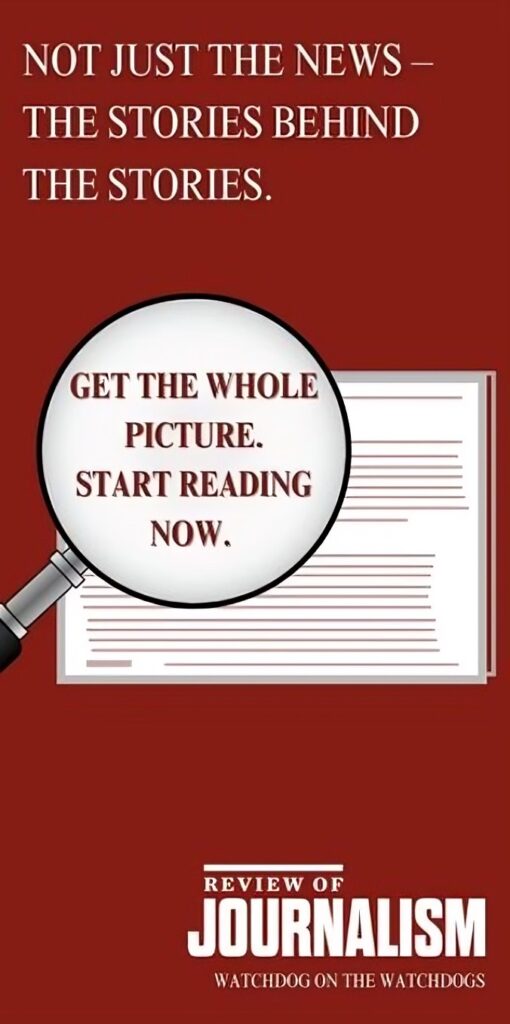The public policy issues concerning Canadians with disabilities are often akin to Canadians with disabilities themselves—occasionally visible, but positioned on the periphery of political discourse. Their concerns are periodically debated, but rarely occupy centre stage, where the star turns are taken by issues to which all Canadians can relate because they personally are affected. There are exceptions, of course, like foreign affairs and defence, but when money is involved, there is an eternal tussle between the altruistic impulse to help the less fortunate—a key part of our self-image as Canadians—and the self-interest of keeping costs (and thus taxes) in line.
Financial assistance for those with disabilities has been around for much longer than most of us probably realize. Workers’ compensation plans date back to 1914, financial benefits for veterans and their dependents to 1916. But it was not until the 1940s that the array of social assistance policies and...
Bruce Little is a former economics reporter and columnist for The Globe and Mail. Since leaving the Globe in 2004, he spent a year at the Bank of Canada as a special advisor to the governor and wrote a book, Fixing the Future: How Canada’s Usually Fractious Governments Worked Together to Rescue the Canada Pension Plan (University of Toronto Press, 2008)

